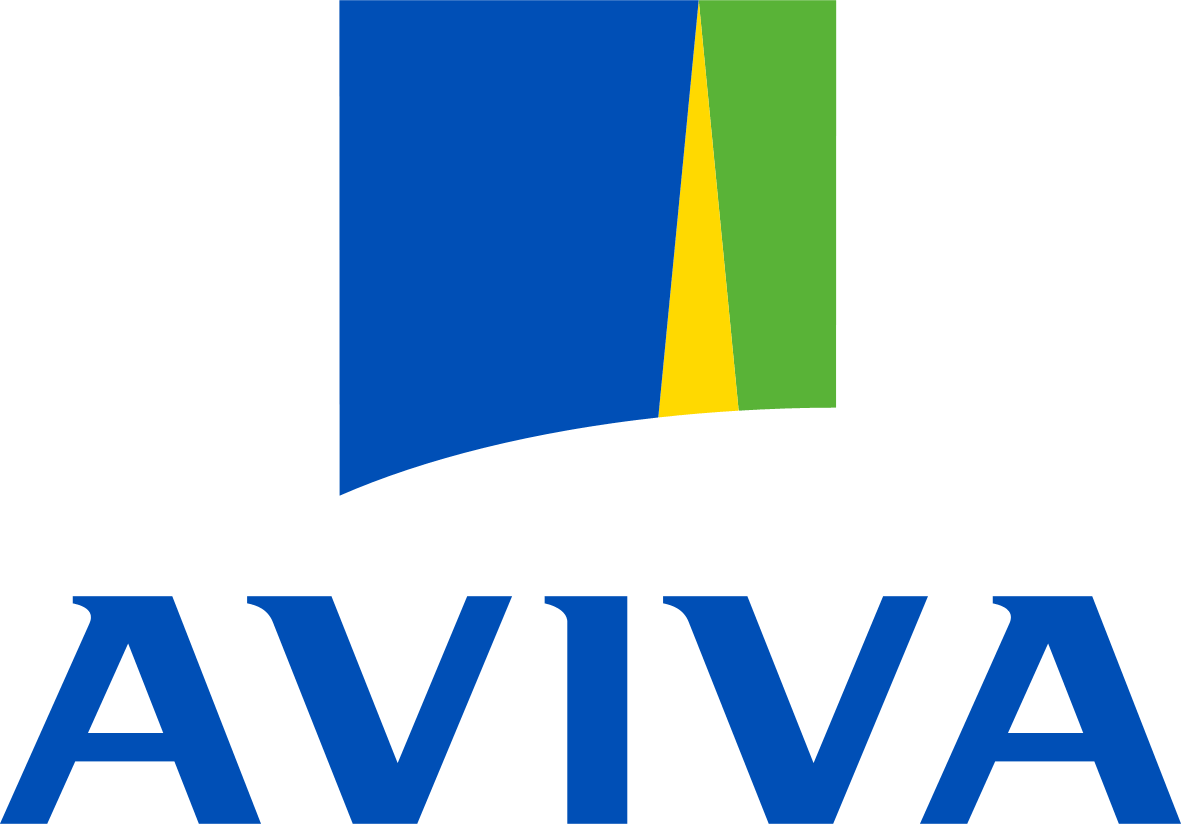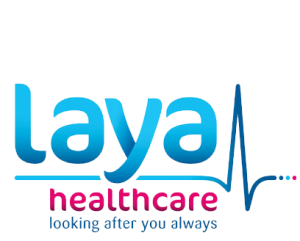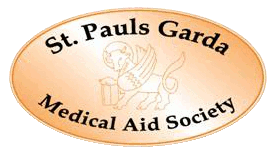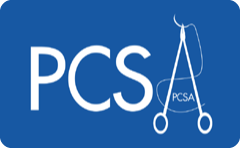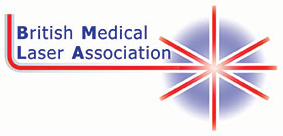 Download this information as a PDF
Download this information as a PDF
Skin cancer is the most common of all cancers, afflicting perhaps two thirds of white-skinned New Zealanders. Skin cancer is also the easiest cancer to cure, if diagnosed and treated early. However, if the skin cancer is allowed to progress, it can result in disfigurement and even death.
Who should do skin self examination
Everyone should! Teach your children how, from an early age. With yearly skin examinations by your doctor or dermatologist, self-examinations are the best way to ensure that you won't become a statistic in the battle against skin cancer.
Skin self examination can be supplemented by clinical examination by a dermatologist or a general practitioner. In many areas of New Zealand and elsewhere, sophisticated photographic screening systems have been established. Whole body digital photographs are recorded, together with closeups and surface microscopic pictures of lesions of concern. These are examined by an expert dermatologist. Serial photographs at intervals can reveal subtle changes that may indicate the development of melanoma within the lesion.
When to do it
Skin self examination should be done often enough to become a habit, but not so often as to feel like a bother. For most people an interval of three months is ideal. Photographic screening is generally performed annually. After the first few times, self-examination should take no longer than ten minutes.
What to look for
There are three main types of skin cancer:
- Basal cell carcinoma (BCC)
- Squamous cell carcinoma (SCC)
- Melanoma.
Because each has many different appearances, it is important to know the early warning signs. Look especially for change of any kind. Do not ignore a suspicious spot simply be cause it does not hurt. Skin cancers may be painless, but dangerous all the same. If you notice one or more of the warning signs, see a doctor right away.
The Warning Signs
A skin growth that increases in size and appears pearly, translucent, tan brown, black, or multicoloured.
A mole, birthmark, beauty mark, or any brown spot that:
- Changes colour.
- Increases in size or thickness.
- Changes in texture.
- Is irregular in outline.
- Is bigger than 6mm, the size of a pencil eraser.
A spot or sore that:
- Itches or hurts.
- Crusts or scabs.
- Ulcerates or bleeds.
- Fails to heal within three weeks.
What to look at
- The Self Examination should start with the head and end with the feet.
- Self Examination should include the scalp, face, neck, beneath facial hair and trunk.
- On the upper part of the body, Self Examination should include the armpits, hands, finger webs and nail beds.
- A mirror should be used to examine the back and skin between the buttocks.
- On the legs, It should include toe webs, toe nail beds and soles of the feet.
BE SURE TO SHOW YOUR DOCTOR ANYTHING ON YOUR SKIN THAT CONCERNS YOU.
Skin examination should be a fairly regular practice as New Zealanders have the highest rate of skin cancer in the world.
The earlier the better....
Like most cancers, the earlier you detect skin cancer the simpler the treatment. Because skin cancer is on the outside of your body it is the easiest cancer to see. So even though skin cancer is the commonest cancer, it is also the most curable. Keep your eyes open for any changes and take a few sensible precautions.




